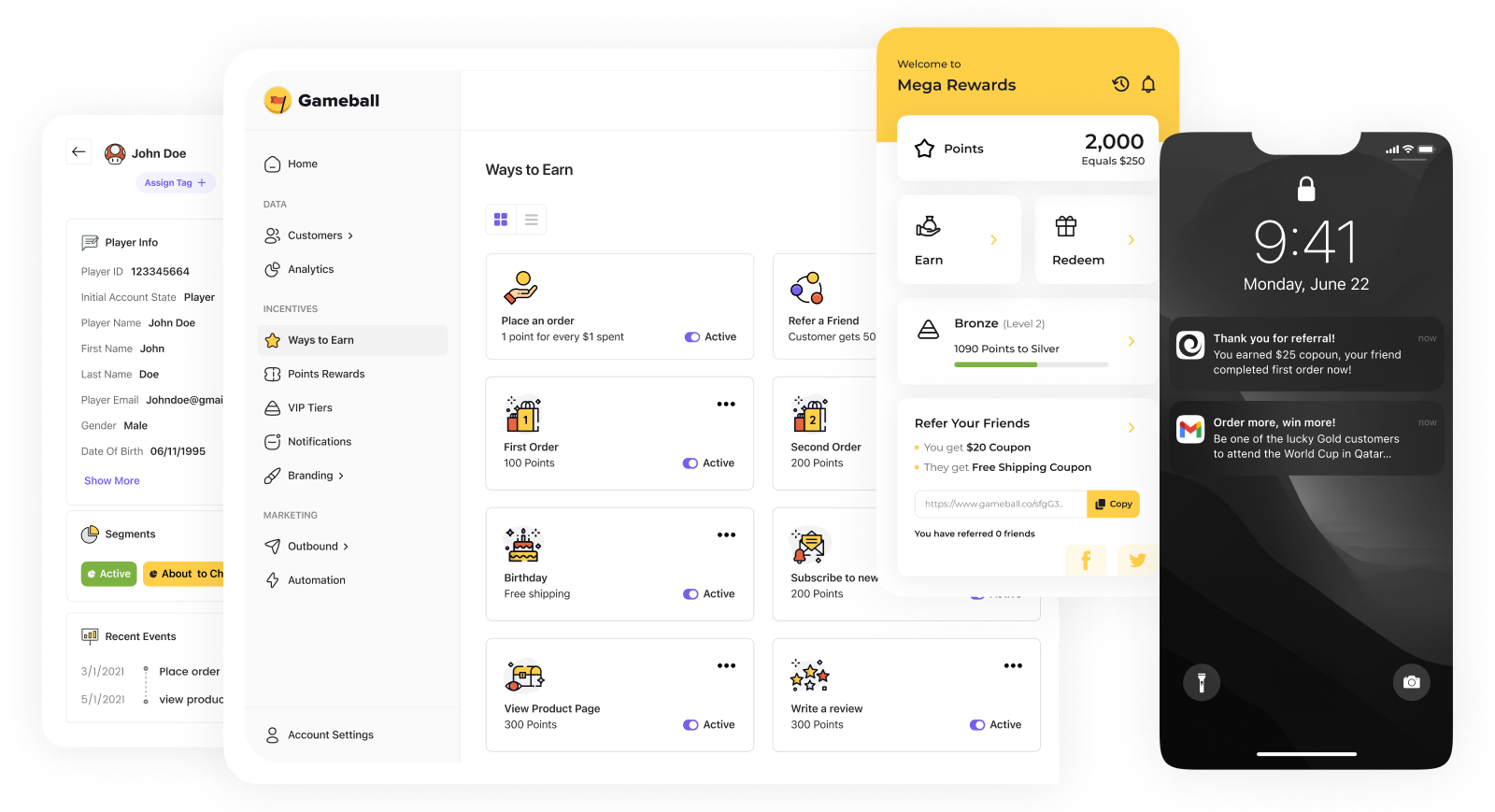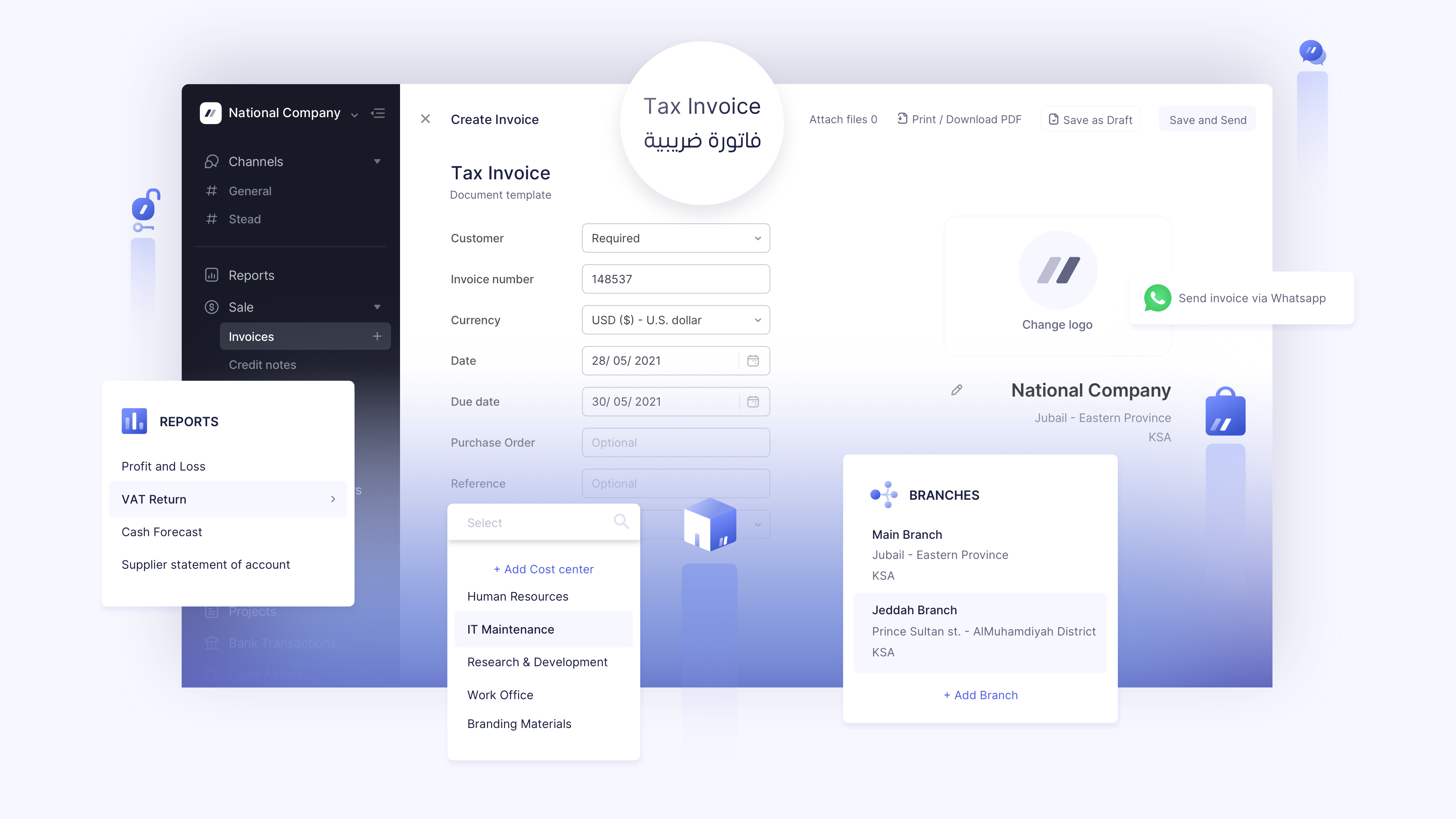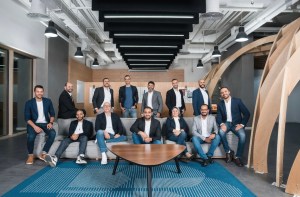Flat6Labs is amongst the most active VCs in Africa, having invested in over a hundred startups to date, across the Middle East and North Africa (MENA) region. And now, after 11 years, the Egypt-based seed-stage accelerator is setting out on a foray into East and West Africa through a $95 million Africa Seed Fund investment vehicle that will mark its first venture outside MENA.
“We’re embarking on a new phase for the organization by expanding into sub-Saharan Africa through Africa Seed Fund,” the firm’s CEO Ramez El-Serafy told TechCrunch, adding that the expansion will be gradual, with two-thirds of its allocations still going to enterprises in North Africa. Flat6Labs is eyeing an initial close before the year ends.
“We are adding Kenya and its neighboring markets in East Africa, and the Anglophone and francophone sides of West Africa, including Nigeria, Senegal, Côte d’Ivoire, Ghana and Cameroon,” said El-Serafy.
Flat6Labs, also a seed accelerator, has previously administered country-specific funds, including a $10 million Anava Seed Fund for Tunisian startups, and it is only now that it is running a fund for startups in multiple countries.
“With markets across the region maturing a little bit, it makes sense that we start looking at cohesive regions in terms of the average purchasing power, and opportunities — the products that you see being created in these markets are very similar and easy to take from one country to the next,” said Flat6Labs CIO Dina El-Shenoufy.
Flat6Labs $95 million Africa Seed Fund is sector agnostic
The fund is sector agnostic and plans to invest in fintechs, healthtech, logistics, mobility, cleantech, agtech, retail and e-commerce startups.
Flat6Labs will invest between $150,000 and $400,000, and make follow-on investments of up to $500,000 to ensure continued support for the startups. It invested between $30,000 to $100,000 in previous funds.
“We provide the capital, but there’s a huge value in terms of how we work with the company because of how we position ourselves as an institutional co-founder of the company by helping them set up the company, register it, and provide access to our networks. We are one of the few players in North Africa that is expanding south in Africa, so this is also something that also adds a lot of value when it comes to our geographic exposure,” said El-Serafy.
The cohort, he says, will have founders from different regions, creating an opportunity for individuals from different cultures, and backgrounds to interact, share ideas, work together, and gain the opportunity to access new markets. Flat6Labs will admit 10 to 15 startups every six months in its seed program. The accelerator plans to back up to 170 startups over the next five years.
El-Shenoufy said that: “About 60 percent of the checks will probably be checks that happen alongside the [seed] program whereas the rest will be straight checks for more mature founders.”
Flat6Labs, which claims to have $100 million in assets under management, was founded in Egypt, and has over the years deployed several country-specific funds, and accelerator programs with partners in seven countries including Saudi Arabia, the UAE, and Lebanon.
Some of its partners in previous funds include the International Finance Corporation (IFC), the MSME Development Agency, Egypt Ventures and the Egyptian American Enterprise Fund.
With the new program, the accelerator hopes to be part of the support that startups across Africa need, especially in the wake of a tough fundraising environment.
“We’re very excited about Africa, it is one of the fastest growing markets in the world. It is very unique in terms of its young population, and the need for technology to resolve many of the challenges that we face on the continent. It makes a lot of sense for us also as an organization to be expanding south,” said El-Serafy.
“We also know emerging markets very well. I’ve been working in the Middle East for the last 11 years investing in founders in the middle of revolutions like the Arab Spring.It’s amazing to work with all these founders and support them during these times,” he said.
MENA VC Flat6Labs’ new fund to back startups in East, West Africa by Annie Njanja originally published on TechCrunch



